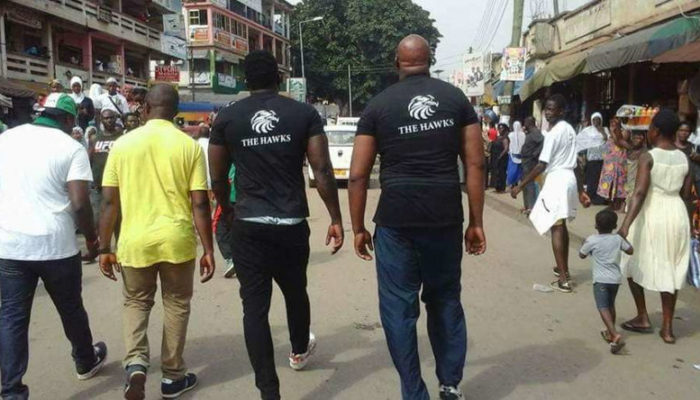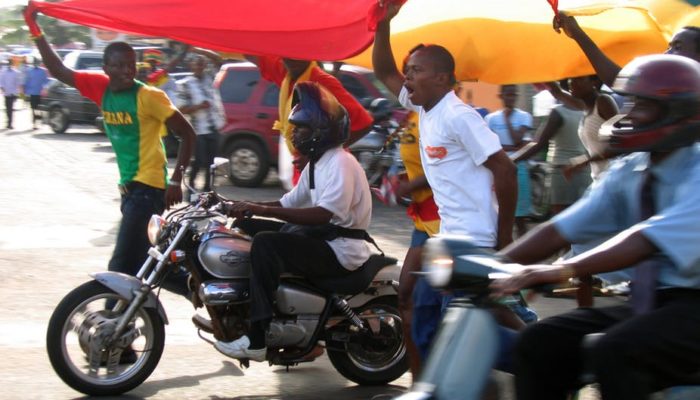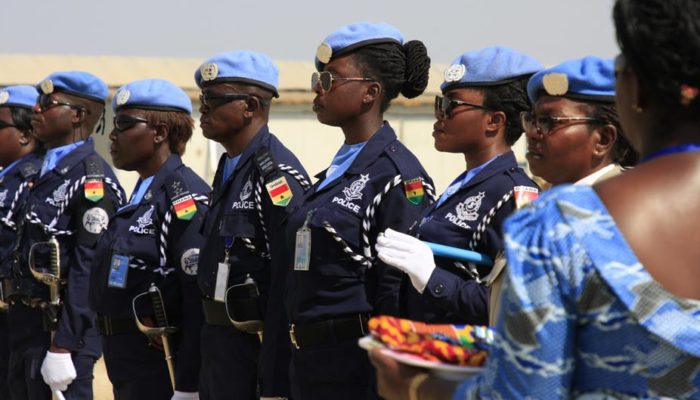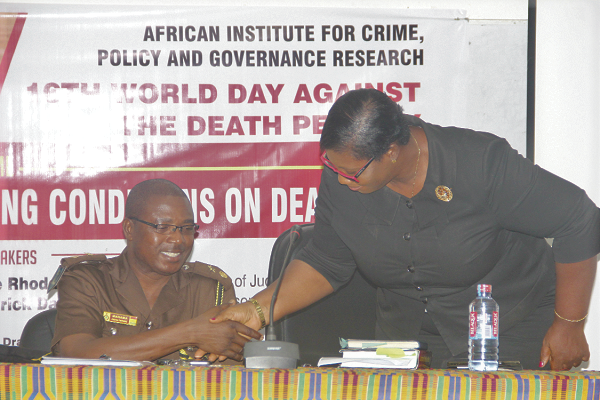On 9 April 2019, Ghana’s two main political parties – the ruling New Patriotic Party and the opposition National Democratic Congress – concluded talks on political vigilantism with the National Peace Council. Their object was to find ways to disband political vigilante groups. This followed an address by President Akuffo Addo which threatened legislation if the parties did not begin a dialogue to disband their vigilante groups. In agreeing to the talks, the parties implicitly acknowledged that they recruit, train, and resource vigilante groups to act on their behalf. That reinforces reports such as one compiled by the Institute for Security Studies (ISS)1 , as well as academic research papers.
The immediate prompting for the vigilante talks was a well-publicised incident on 31 January 2019. What should have been a routine by-election, following the death of the member of parliament for Ayawaso, was marred by violence on the part of masked security officials from the National Security Secretariat. The incident revived concerns about political vigilantism and how it might be controlled. At a meeting in Kumasi a few weeks after the Ayawaso debacle, two people were shot by members of the National Democratic Congress.
Political vigilantism is not a new feature of Ghanaian politics. Some researchers say that it has its roots in the movement for independence from British colonial rule . Both the Convention People’s Party led by Kwame Nkrumah – Ghana’s independence leader and first president – and the National Liberation Movement were engaged in fierce political struggles over whether Ghana should
be a federal or a unitary state. The struggle involved violent vigilante activity by
elements on both sides.
This policy paper explores the conditions that give rise to vigilantism, the nature
of that form of violence, and what might be done to tackle the problem.










